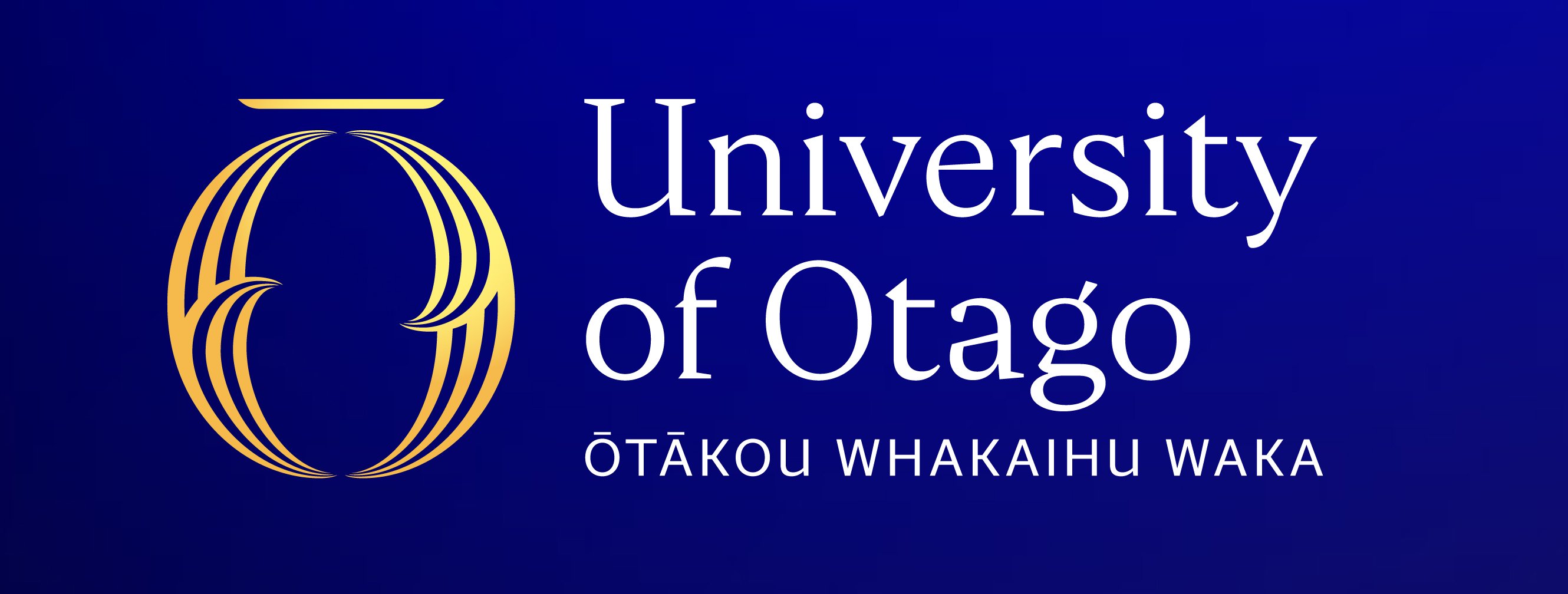
It said there was "strong support" for the change, with 72% of respondents in a consultation survey agreeing when asked if the English version of the proposed logo reflected the future direction of the university.
Fifty-seven percent said the same of the Māori version.
However, a consultation document released after the university council unanimously approved the rebrand last week showed the wording of this question drew some criticism among the 9007 staff, students and alumni who took part.
"Some respondents felt the question was one of logic rather than an opportunity to assess whether the proposal reflected their own personal view of the future direction of the university," the document stated.
A university spokeswoman said on Friday that the number of people who raised this objection were not statistically significant, and three-quarters of respondents agreed to some extent they had a fair opportunity to express their opinions.
Questioned by the Otago Daily Times on why it had not simply asked if people supported the change, and if they liked the logo, the university said it wanted people to focus on the intent behind the change and the proposal as a whole.
"The survey was designed to seek information or advice, and to take into account different points of view, rather than provide a form of referendum".
Set to be be rolled out from May next year at a cost of $1.3 million, the change will be the first major logo alteration in the university’s 154-year history.
It will see the present coat of arms swapped for an "O"-shaped tohu (symbol) designed to represent the Ōtākou channel in Otago Harbour.
Changing the institution’s te reo Māori name from Te Whare Wānanga o Otāgo, to Ōtākou Whakaihu Waka (a metaphor meaning A Place of Many Firsts) was also endorsed.
However, the rollout will be less extensive than originally proposed.
A stylised version of the coat of arms would be used for international marketing and communications with alumni, and the present coat of arms would continue to be used in "a range of applications".
It would remain on printed alumni publications, including Otago Magazine and Foundation Trust publications, and in graduation certificates and ceremonies.
Colleges, clubs and sports teams would also keep the present coat of arms, although they would have the option to change in future.
Other questions asked in the consultation survey indicated a narrower margin of support, although the university maintained support was strong, citing the first 72% figure.
Asked if the proposed logo would alter how they perceived the university, 35% of respondents said would make a positive change.
This was slightly more than the 33% said it would make a negative change.
A slim 51% majority said the rebrand would not change their engagement with the university in future, but while 16% said it would improve their engagement with the university, 21% said it would put them off.
The design seemed to divide respondents, with a small majority agreeing it met the stated aims.
Asked to assess the design of the new logo on three design principles, 52% agreed it reflected "whakapapa", 54% agreed it was "iconic" and 60% said it was "practical".
People taking the survey could also leave comments, and many of these supported the change of the te reo Māori name, but criticised the tohu, the report said.
There were 633 negative and 113 positive comments about it.
"A number of comments compared the tohu to other objects and other logos such as Otago Rugby, bananas and Whittaker’s chocolate."
The university spokeswoman said there was always a level of subjectivity to design, and it was important to keep the intent behind it in mind.
Most of the university community did not take part in the consultation survey, with a participation rate of 21% among staff, 11% among students, and 7% among alumni.
The university did not comment on if this was lower than hoped for, but said the number provided statistical confidence feedback represented the views of its community.
It was therefore "a robust basis for [the]decision".












